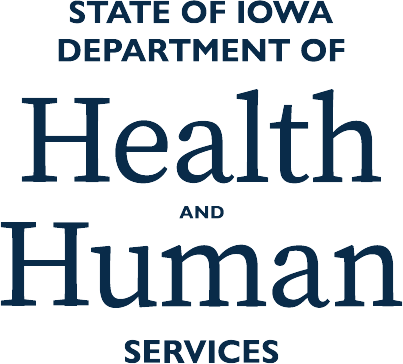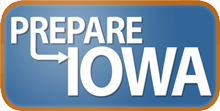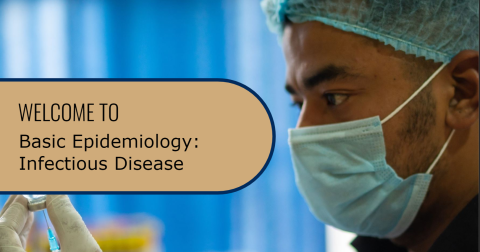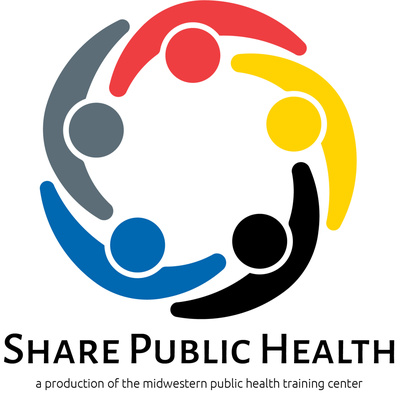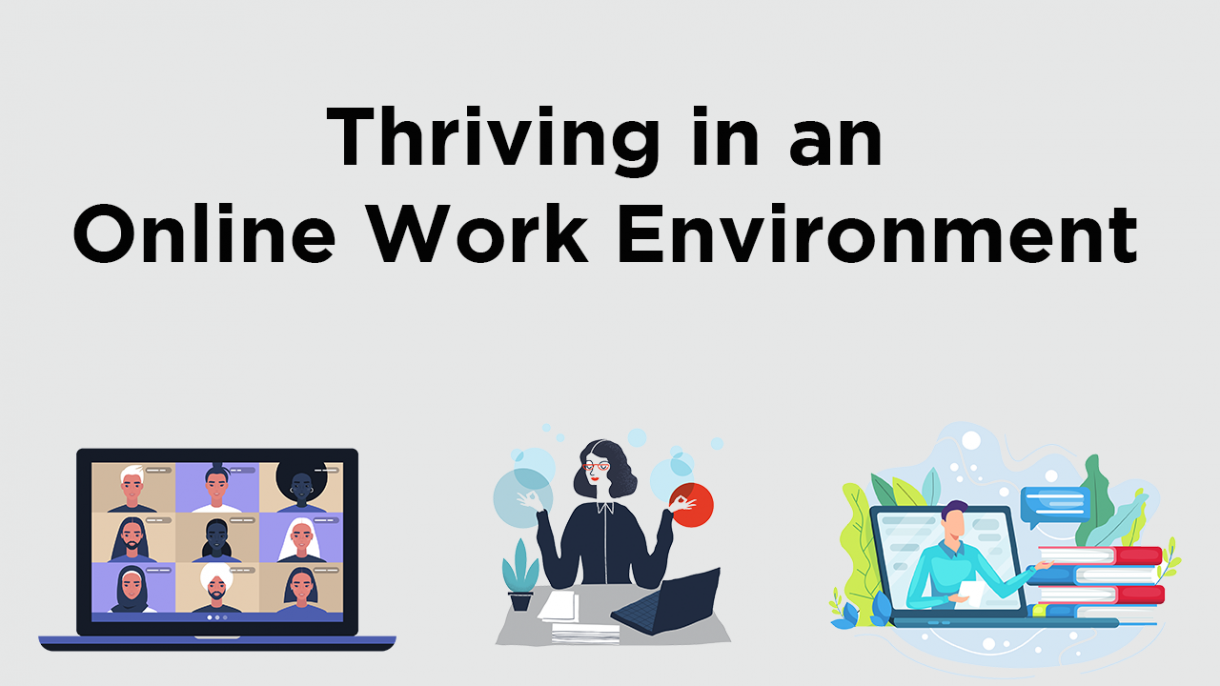Content Summary
There are four sections in this course:
- Section 1: Epidemiology and Important Terms
- Section 2: Models for Understanding the Infectious Process
- Section 3: Epidemiology in Practice
- Section 4: Surveillance
There are review questions at the end of each section. These review questions will provide you with an opportunity to apply the knowledge and skills presented in these sections. In Section 3, you will have the opportunity to look at the case study of foodborne outbreak investigation.
This course may be taken by itself, or as part of the New Public Health Administrators (NPHA) Curriculum.
Intended Audience
This course is intended for public health practitioners who do not have significant knowledge or experience in the field of epidemiology specifically for infectious disease.
Learning Objectives:
At the end of this course, you will be able to:
- Discuss important terms and concepts for basic epidemiology practice.
- Describe the inter-related aspects of the infectious disease process and methods of breaking the chain of infection.
- Apply basic epidemiology in practice, using a case study of a food-borne outbreak as an example.
- Perform basic surveillance tasks in an appropriate and timely manner.
- Utilize your regional epidemiologist as a resource for outbreak investigations.
Pre-requisites/Learning Level
No pre-requisites
Public Health Preparedness Capabilities
-
Capability 1: Community Preparedness
- Function 4: Coordinate training or guidance to ensure community engagement in preparedness efforts.
-
Capability 13: Public Health Surveillance and Epidemiological Investigation
- Function 1: Conduct public health surveillance and detection
- Function 4: Improve public health surveillance and epidemiological investigation systems.
Public Health Preparedness and Response Core Competencies
-
1.1 Solve problems under emergency conditions.
- 1.1.3 Prioritize problems based on level of hazard and degree of risk.
- 1.1.8 Assess information, resources and procedures necessary to address the problems in emergency situations.
-
1.4 Maintain situational awareness.
- 1.4.3 Use information and resources that identify changes in the situation and/or response.
- 1.4.7 Distinguish between critical and non-critical elements of the emergency.
-
2.1 Manage information related to an emergency.
- 2.1.5 Classify information for internal and external audiences.
-
2.3 Report information potentially relevant to the identification and control of an emergency through the chain of command.
- 2.3.2 Communicate within the organization’s defined command structure (i.e. report up, communicate down).
- 2.3.5 Communicate relevant information to personnel in a timely fashion.
-
2.4 Collect data according to protocol.
- 2.4.1 Use standardized protocol to collect data.
- 2.4.7 Organize data accurately into database or statistical packages.
- 2.4.9 Utilize primary and secondary data collection methods to inform preparedness and emergency responses scenarios.
-
2.5 Manage the recording and/or transcription of data according to protocol.
- 2.5.1 Adhere to relevant ethics guidelines, state, and federal laws regarding data collection, management, and dissemination.
Core Competencies for Public Health Professionals (Adopted Oct 21,2021 Version)
Domain 1: Data Analytics and Assessment Skills
1.8. Assesses community health status.
Domain 6: Public Health Sciences Skills
6.1. Describes systems, policies, and events impacting public health (e.g., slavery, colonialism, John Snow and the London cholera outbreak, smallpox eradication, development of vaccines, Tuskegee Syphilis Study, fluoridation of drinking water, Jim Crow laws, establishment of Medicare and Medicaid, Americans with Disabilities Act, seatbelt legislation, banning g tobacco in public buildings, death penalty, gun violence, globalization, deforestation, climate change, COVID-19 pandemic).
6.2. Applies public health sciences (e.g., biostatistics, epidemiology, environmental health, health services administration, social and behavioral sciences, and public health informatics) in delivering the 10 Essential Public Health Services.
6.3. Uses evidence in developing, implementing, evaluating, and improving policies, programs, and services.
Certificate of Completion
A certificate of completion is awarded on successful completion of this course. In order to successfully complete this course, you MUST score 70% or higher on the Posttest.
If you do not receive 70% on the posttest, you may review the material and re-take the posttest.
CEUs Offered
None
Cost
Free
Modality/format
Online Self-Pace
Length
2 hours
Course Redesign and Redevelopment
Subject Matter Experts
- Robert Niezgoda, MPH
Instructional Designers & Developers
- Alyssa Azhari
Item Writer
- Roger Hileman
Audio/Video production & Narrator
- Melissa Richlen
LMS Coordinator
- Tim Beachy
Technical requirements
- Adobe Acrobat Reader
- Speakers or headphones
Registration requirements
Register a free account.
Creation and/or update
February 1, 2023
Acknowledgments
The following organizations collaborated on the development of this course: Iowa Department of Public Health (IDPH); University of Iowa College of Public Health, Institute for Public Health Practice (IPHP).
